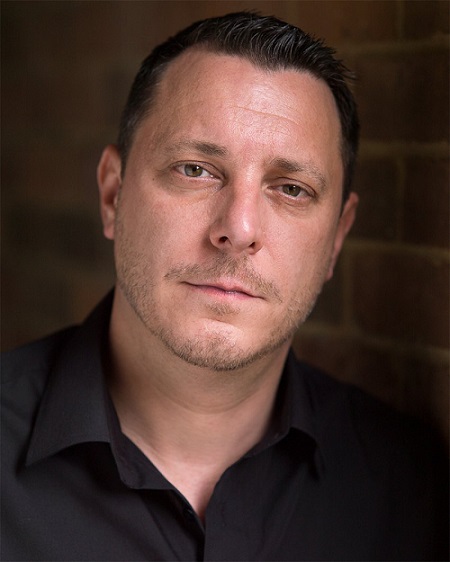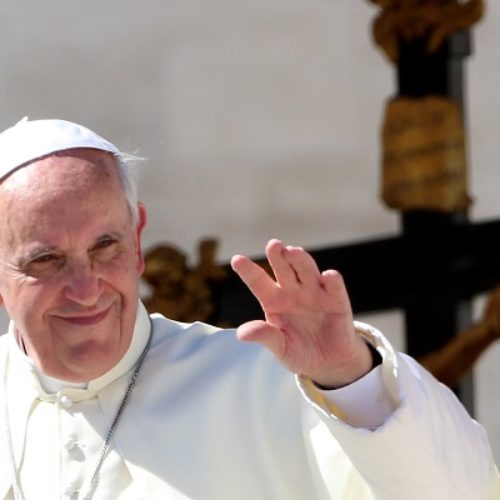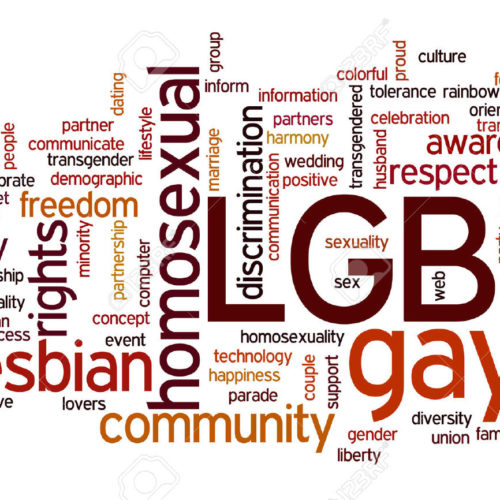How Can You Mend A Broken Heart More Quickly?
“Try to stop obsessing over your ex,” says health, lifestyle and self-help author Paul Thorn (pictured below).
Check on what more he has to say:
*
I read somewhere recently that on average we’ll have our heart broken twice in our lifetimes.
I’m not sure who came up with that so-called ‘statistic’ and the word ‘broken’ should probably be used very loosely when it comes to the matters of the heart.
Certainly my own experience as a gay man is that I’ve met a lot of people, kind of fell for some of them (for a short time) and even loved a few.
I must be an anomaly because my heart has been broken more than twice. Vive la difference!
What’s for sure is that no one likes to be in emotional pain. It’s the kind of pain that seems to permeate every cell of our being and penetrates to our very core. It feels like it’s become an intrinsic part of us, as if it will never leave.
So what do we do when a relationship ends, when love is unrequited and our heart has been broken – can it be mended?
I personally don’t believe there’s any quick-fix way to mend a broken heart – any more than magazines that promise to show you how to get ‘beach-fit’ and develop a six-pack in as many weeks. It will take as long as it takes.
When a heart is broken, it’s like an open wound which takes time to heal naturally. The amount of time depends how much we keep picking at and prodding it.
The most common cause of the suffering we inflict on ourselves is obsession. But why would anybody want to cause themselves even more pain than they are in already?
Here’s my theory. When we obsess about someone, we’re self-harming and causing our own emotional pain. That’s the down side. The pay-off is that it keeps us connected, even if it’s in a negative way, to the focus of our heartbreak.
When we obsess about someone, we keep it – and them – current in our minds. But that’s a cruel trick, an illusion that we create to deceive ourselves. There’s a subconscious part of us that doesn’t want the intense pain of loss to become part of our past; it doesn’t want us to move on, because then we would have to face the reality that the relationship was really over.
So, by keeping it current inside us, we attempt to avoid the pain of letting go.
When we experience the pain of a broken heart, we can go into a kind of withdrawal from the object of our affections; the ‘mechanics’ of a broken heart work in a very similar way to addiction.
Don’t be put off by this word: the 16th Century definition of being an addict was to be ‘bound or devoted’ to something. There’s no substance involved, but there’s another person who becomes a ‘need’. The emotional withdrawal from a person can feel like going ‘cold turkey’.
In the pain of withdrawal, we can start to obsess about the person who has gone from our life. Perhaps we still have some contact with them, although it might not be very positive contact and may have taken the form of the cold shoulder, arguing or mutual abuse.
To the broken hearted, this is intimacy of a sort – something is better than nothing, we can rationalize – and maybe believe on some level that having this ‘intimacy’, even if it’s negative, constitutes some sort of relationship.
We can’t get enough of them; like a drug, we crave, yearn and long for them.
We cling onto the slightest crumbs of hope and fantasy that they will come back to us, that they’ll realize they’ve made some terrible mistake. Even these vain hopes are a form of denial.
It is these ‘hopes’ that often stop us from progressing though the withdrawal phase and getting to a point of resolution and acceptance, enabling us to feel as though we can move on.
When we recognize why we are obsessing about someone, we are half-way to the solution. We have an opportunity to interrupt the cycle and to step outside of it.
Of course we are going to need to lick our wounds, but if we know how to kick the obsession habit, then we are going to heal a damn sight quicker if the fullness of time is unhindered and is allowed to do its stuff.
Paul Thorn (@Paul_Thorn) is the author of The Broken Heart Toolkit. It’s available now on Amazon.
About author
You might also like
The Piece About What The LGBT Can Expect From Pope Francis
Pope Francis has made headlines worldwide for his conflicting statements and actions when it comes to LGBTQI people. In famous off-the-cuff remarks, he stunned many by asking “Who am I
Deola’s Corner (Edition 27)
Last edition, I talked about the shows/films that I enjoyed watching in 2019. From all that abundant content that I watched were some queer characters/couples who were my absolute faves.
LGBTQ Definitions Every Good Ally – And LGBT Individual – Should Know
Millions of non-heterosexual minorities identify as LGBTQ, and like any group, they have their own language to talk about both who they are and the challenges they face in a










5 Comments
Mandy
May 03, 07:39Why don’t we live in a world where people don’t have to be heartbroken? I mean, really, what’s the lesson to be learned from heartbreak? Why can’t it be so that people looking for love find that one person they’re meant to be with one time without having to go thru the pain of broken relationships?
Canis VY Majoris
May 03, 07:42A summary.
Que: How to mend a broken heart?
Ans: Time.
Save yourselves the read ?
Pink Panther
May 03, 08:03Lol. Hello Canis.
Uziel
May 03, 09:57And then he uses another three hundred words to explain why heartbreak hurts. Sigh. I like it when I do this but hate being on the receiving end. Lol.
Dana Opal
May 04, 15:43Thank you for the summary Canis VY Majoris